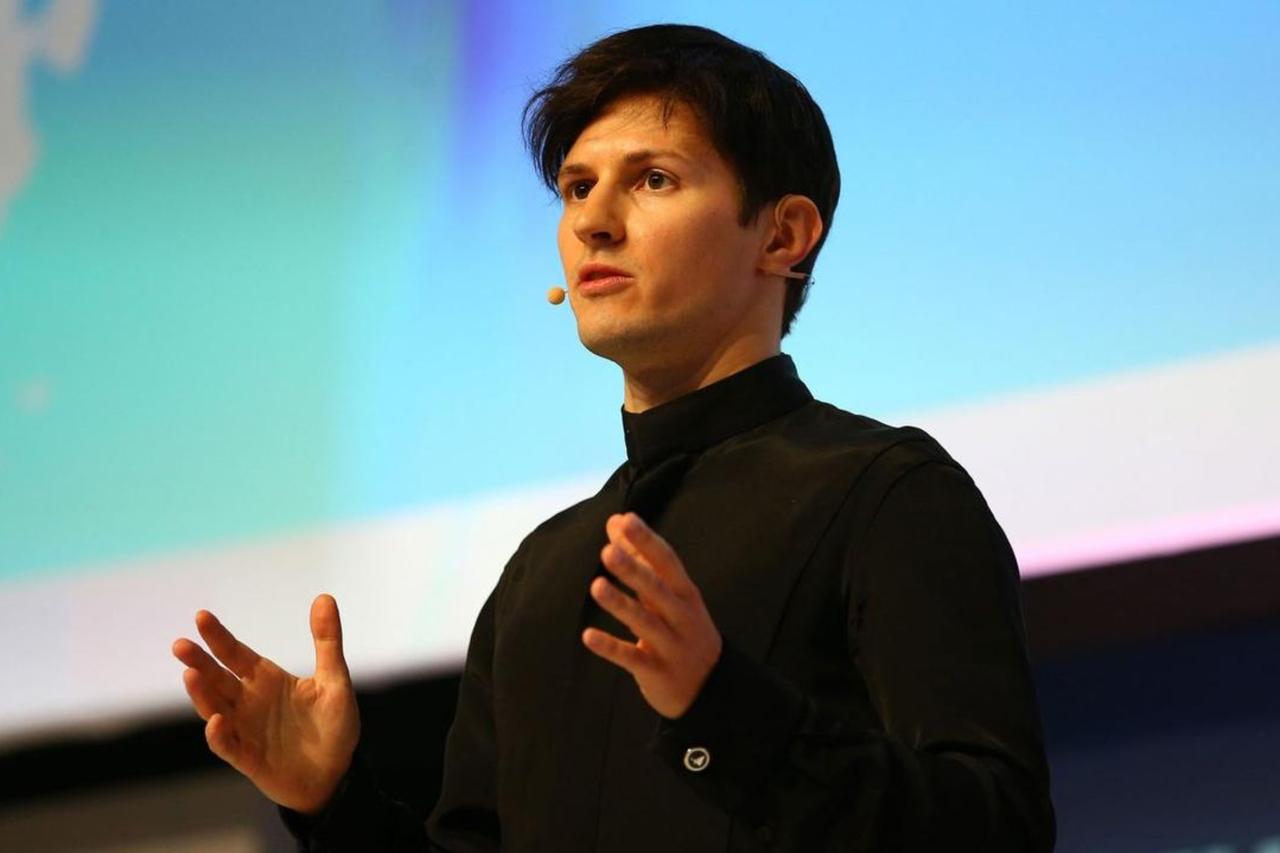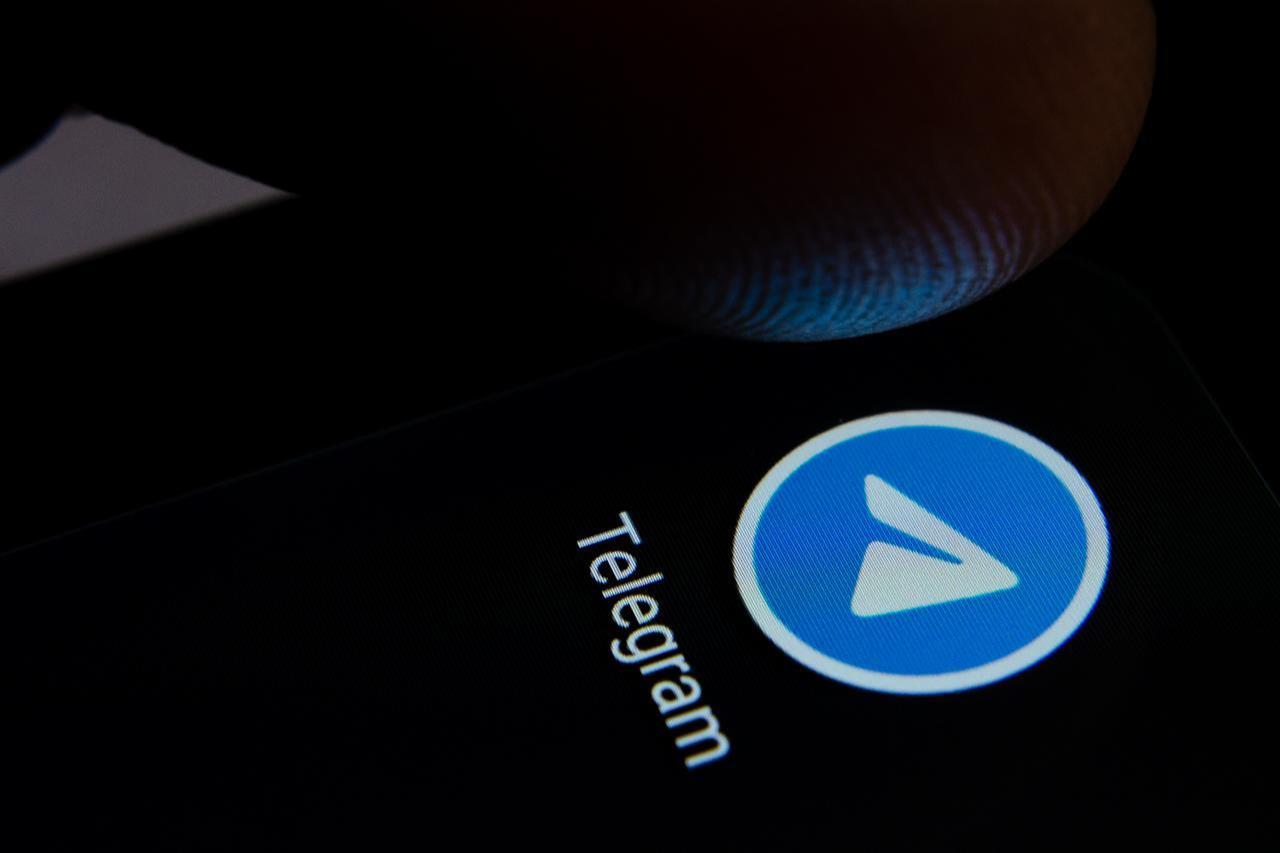
Telegram founder Pavel Durov accused French intelligence services of attempting to exploit his legal troubles to advance political censorship campaigns in Eastern Europe, claiming the pressure extended beyond Moldova into Romania.
In a statement posted Sunday on X, Durov said French intelligence agents contacted him through an intermediary while he was detained in France last year, requesting the removal of specific Telegram channels before Moldova's presidential elections. The approach allegedly included an offer to speak favorably to the French judge handling his case in exchange for cooperation.
"This was unacceptable on several levels," Durov wrote. "If the agency did in fact approach the judge, it constituted an attempt to interfere in the judicial process. If it did not, then it was exploiting my legal situation in France to influence political developments in Eastern Europe — a pattern we have also observed in Romania."

According to Durov's account, Telegram initially reviewed the first list of channels and removed only those that clearly violated the platform's existing community guidelines. However, he said a second list soon followed, targeting opposition voices that were "politically inconvenient for the Moldovan and French governments, but fully compliant with Telegram's guidelines." The messaging platform declined to act on the second request.
The allegations underscore growing tensions between European security agencies and digital platforms over content moderation in politically sensitive regions. Moldova, caught between Russian and Western influence, held crucial elections last year that were closely watched by international observers concerned about foreign interference.
Romania faces similar pressures as it approaches its own election cycle, with officials and analysts warning of sophisticated disinformation campaigns targeting the democratic process. The country has become increasingly concerned about foreign influence operations as it prepares for critical votes that could shape its future relationship with both the European Union and NATO.
Durov's detention in France last year centered on allegations that Telegram failed to cooperate with authorities investigating criminal activities on the platform. The case highlighted broader European Union efforts to increase oversight of major social media companies and messaging services.
"Telegram is committed to freedom of speech and will not remove content for political reasons," Durov stated in his Sunday post. "I will continue to expose every attempt to pressure Telegram into censoring our platform."
French authorities have not responded to requests for comment regarding Durov's allegations.
The controversy adds another layer to ongoing debates about the balance between national security concerns and free speech protections in the digital age, particularly in regions where democratic institutions face external pressures from both Russia and Western powers seeking to influence political outcomes.